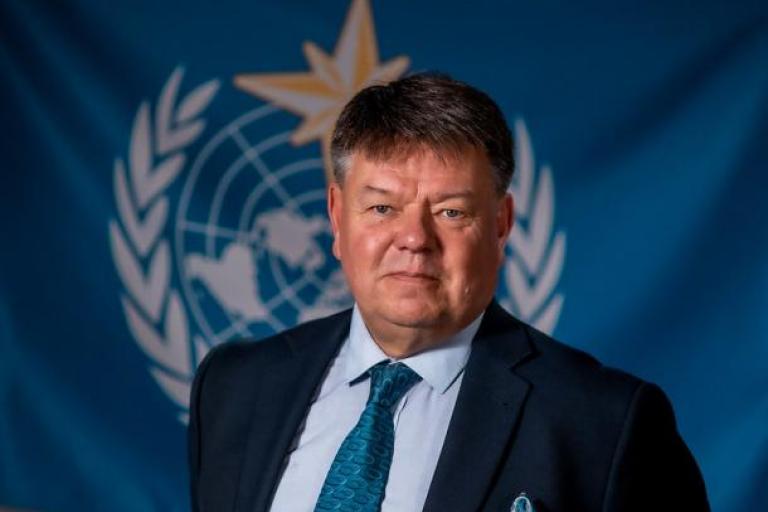Foreword (Bulletin Vol. 72 (1) – 2023)
Due to climate change, population growth and weather sensitivities, there is a growing need for modern multi-hazard services in WMO Member States and Territories. In addition to the forecasting of weather and hydrological parameters, a growing number of Members are developing impact-based forecasts. At the same time, the gap between the National Meteorological and Hydrological Services (NMHSs) of less developed and developed countries is widening, and the economies of Least Developed Countries (LDC) and Small-Island Developing States (SIDS) are hit hardest by the impacts of climate change.
- Author(s):
- Prof. Petteri Saalas, Secretary-General, WMO

Therefore, United Nations Secretary-General António Guterres has tasked WMO to prepare an action plan to improve the Early Warning Services (EWS), especially LDC and SIDS, where there are also major gaps in the basic observing systems, forecasting infrastructures, manpower capacities and ability to serve a wide variety of sectors, like agriculture, public safety, air, road and marine transportation, energy, health, and various business sectors.
The improvement of EWS skill levels is one of the economically most viable ways to avoid the loss and damages caused by high-impact weather events and will also lead to socioeconomic benefits in wide variety of sectors. WMO and its international partner organizations have already began working in 30 countries chosen by the UN Secretary-General.
The main investments are being made by using the Systematic Observation Financing Facility (SOFF) and the Climate Risk and Early Warning Systems (CREWS) initiative as well as in co-operation with several WMO Members and international development agencies. The aim is to improve EWS skills in up to 100 countries by the end of 2027. The Early Warning Services for All is a great opportunity and challenge for WMO.
(signed)
Prof. Petteri Taalas
Secretary-General
World Meteorological Organization


